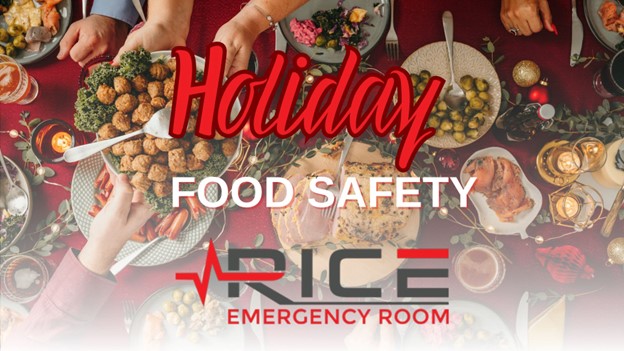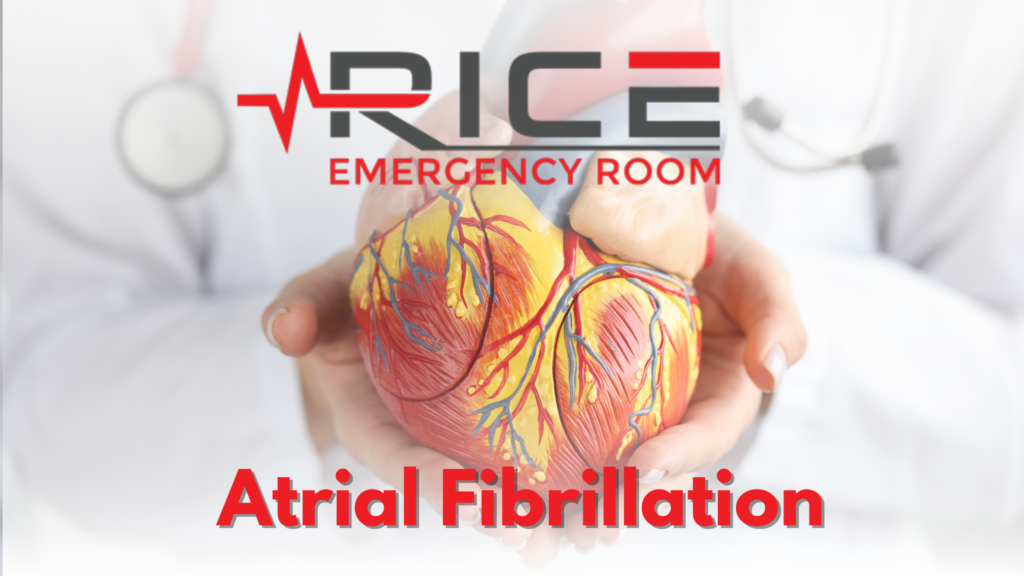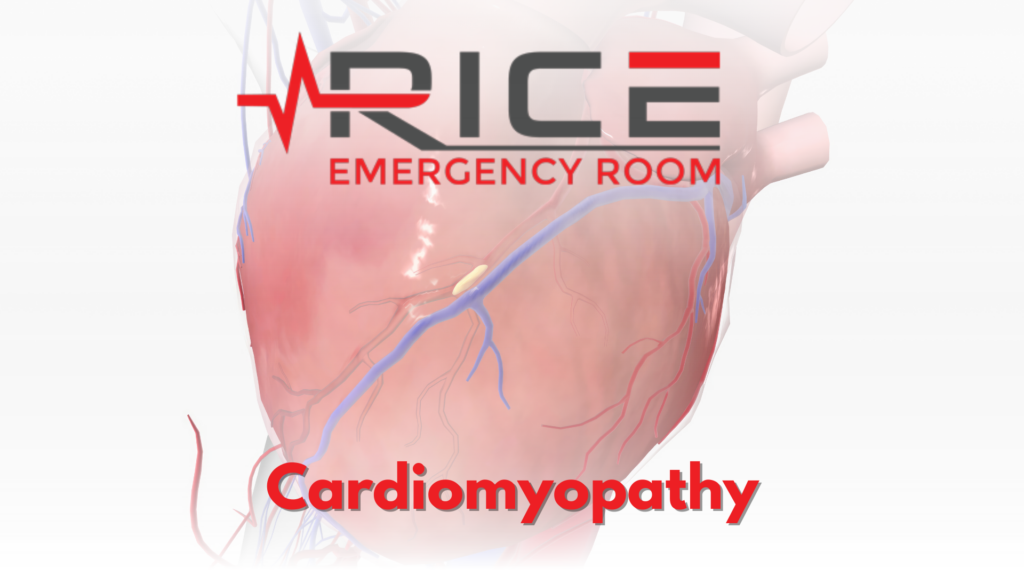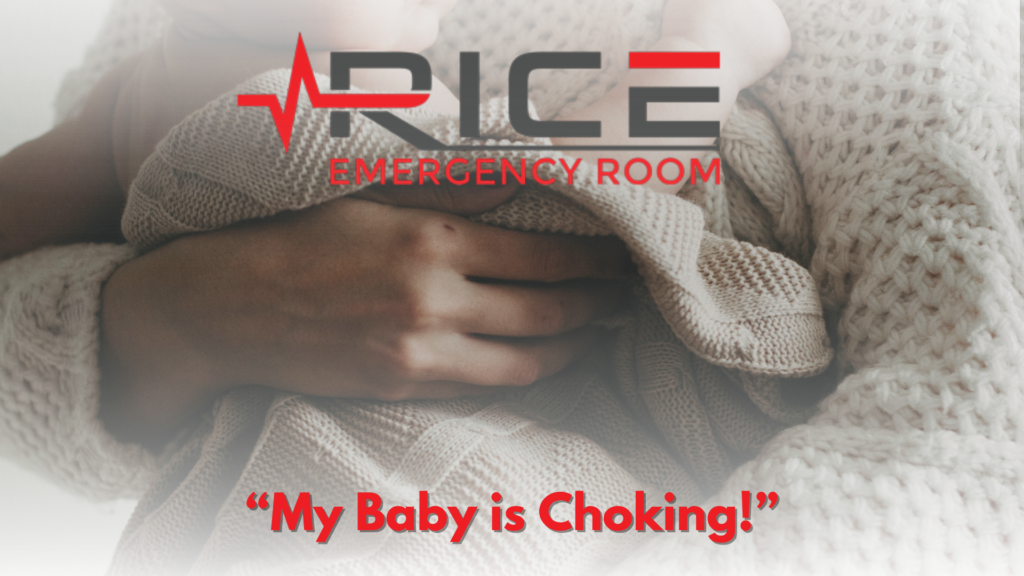The holiday season is a time for joy, celebration, and, of course, indulging in delicious feasts. Whether it’s a Thanksgiving turkey, a Christmas ham, or a New Year’s Eve spread, food plays a central role in our holiday festivities. However, it’s also a season when the risk of food poisoning is elevated due to the increased preparation and consumption of meals. To help you stay safe and healthy during the holidays, let us explore the common symptoms of food poisoning and provide tips on recognizing and preventing this unwelcome guest at your holiday table.
What is Food Poisoning?
Food poisoning, also known as foodborne illness, is caused by consuming contaminated food. The contamination can occur at any stage, from the farm to the table. It can result from bacteria, viruses, parasites, or chemical substances. Food poisoning is a significant issue, affecting approximately 48 million Americans annually. It results in the hospitalization of 128,000 individuals. It tragically led to the death of 3,000, as reported by the U.S. Centers for Disease Control and Prevention.
Common Causes of Food Poisoning During Holidays
During the holidays, food poisoning risk increases due to various factors:
- Handling and Preparation: The holiday season involves more food preparation, raising the chance of cross-contamination. Raw meat or poultry juices coming into contact with other foods or surfaces can lead to food poisoning.
- Leftovers: Improperly stored and reheated holiday leftovers can breed bacteria rapidly, posing food poisoning risks.
- Potlucks and Parties: Potluck-style gatherings introduce homemade dishes, sometimes prepared and stored without proper safety measures, increasing the potential for foodborne illnesses.
(CDC, 2023)
Germs that Cause Food Poisoning
Individuals with underlying health conditions, like chronic kidney disease or weakened immune systems, are at a higher risk of contracting food poisoning. Food poisoning is often caused by various microorganisms, including:
Salmonella: The primary cause of food poisoning in the United States, often originating from animal feces. Common sources include undercooked meat, dairy products, and unwashed produce.
E. coli (Escherichia coli): Frequently found in undercooked ground beef, introduced to food and water through animal feces.
Listeria: Typically present in unpasteurized dairy products, smoked seafood, and processed meats. Fruits and vegetables can also be contaminated, though less commonly.
Campylobacter: Mainly associated with meat, poultry, and unpasteurized milk, as well as water, often entering food via contact with infected animal feces.
Staphylococcus Aureus: Transmitted through hand contact, sneezing, or coughing, often found in meats, prepared salads, and products with contaminated dairy ingredients.
Shigella: Infects, seafood, and raw produce and sometimes causes bloody stools due to poor handwashing by food handlers.
Hepatitis A: Contracted primarily from consuming raw shellfish or food handled by infected individuals. Symptoms may appear 15 to 50 days after exposure.
Norovirus: Highly contagious, often spreading person-to-person, particularly in crowded settings like daycares and schools.
Some, such as Listeria and E. coli, can result in severe complications affecting the heart, kidneys, and blood clotting. (Brogan, 2022)
When to Seek Medical Attention
While many cases of food poisoning can be managed at home, there are instances where medical attention is essential.
- Symptoms are severe or prolonged, such as high fever, bloody diarrhea, or persistent vomiting.
- There is blood in the stool.
- Dehydration is severe, or you are unable to keep fluids down.
- You are pregnant, very young, or elderly, as these populations are more vulnerable to complications.
- You suspect you have ingested contaminated food while eating out or at an event, as this may require a report to the local health department to prevent further cases. (Centers for Disease Control and Prevention)
Preventing Food Poisoning During the Holidays
Preventing food poisoning during the holidays is crucial. Follow these tips:
Cleanliness: Thoroughly wash hands, utensils, and surfaces before and after handling food.
Separate: Use separate cutting boards and utensils for raw meats to avoid cross-contamination.
Safe Temperatures: Use a food thermometer to ensure meats, poultry, and fish reach safe internal temperatures.
Chill Quickly: Refrigerate or freeze perishable foods promptly to prevent bacterial growth.
Reheat Safely: When reheating leftovers, ensure they reach at least 165°F (73.9°C).
Limit Leftovers: Consume or freeze leftovers within a few days to avoid foodborne illness.
Educate Guests: Inform guests about food safety if they bring dishes to share.
Monitor Symptoms: Take food poisoning symptoms seriously and seek medical attention when needed.
(US News)
The holiday season should be a time for creating cherished memories and enjoying delicious food with loved ones. However, the risk of food poisoning during holiday celebrations is a genuine concern. Recognizing the symptoms of food poisoning and taking steps to prevent it can help ensure that your holiday gatherings remain happy and healthy.
Works Cited
CDC. “Foods That Can Cause Food Poisoning.” Centers for Disease Control and Prevention, 9 Aug. 2023,
www.cdc.gov/foodsafety/foods-linked-illness.html.
“Food Poisoning (for Parents) – Nemours Kidshealth.” Edited by Ryan J. Brogan, KidsHealth, The Nemours Foundation, Apr. 2022,
kidshealth.org/en/parents/food-poisoning.html.
Centers for Disease Control and Prevention. “Food Poisoning Symptoms.” Centers for Disease Control and Prevention, 24 Oct. 2023,
www.cdc.gov/foodsafety/symptoms.html.
US News. Keep Food Poisoning at Bay This Holiday Season – U.S. News & World Report, www.usnews.com/news/health-news/articles/2022-11-22/keep-food-poisoning-at-bay-this-holiday-season.




